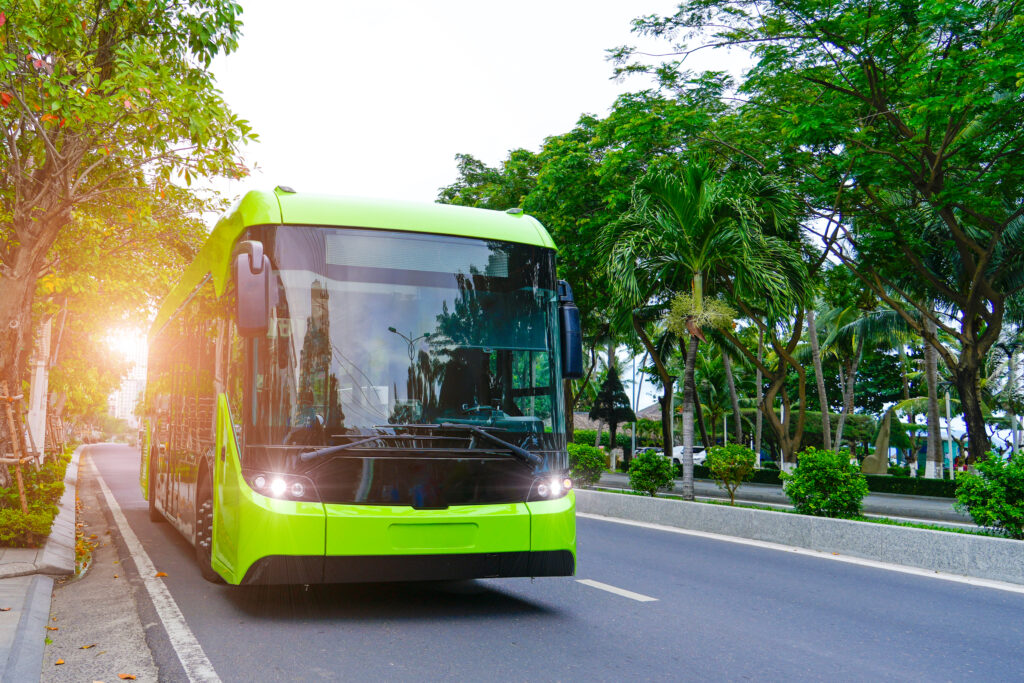
Advancing Sustainability Through City-Wide Fleet Modernization
Phoenix and FUSE are modernizing the municipal fleet to improve air quality, lower costs, and deliver reliable city services. City fleets touch every neighborhood and play a key role in public health and operational efficiency. Transitioning to cleaner vehicles and fuels requires thoughtful planning, workforce readiness, and charging and maintenance... Read more
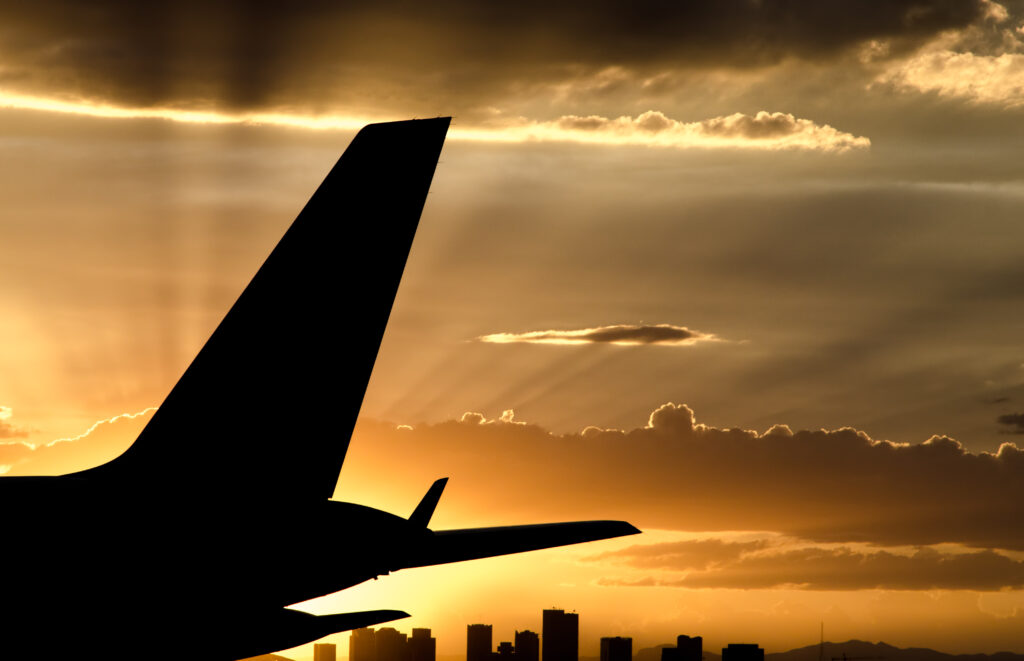
Deploying Energy Resilience Solutions in Aviation
Phoenix and FUSE are advancing clean energy solutions across the airport system to improve reliability, reduce emissions, and support community wellbeing. Airports are essential economic and transportation hubs that must operate reliably in a changing climate. Phoenix is exploring how on-site energy storage, microgrids, and other clean energy solutions can... Read more
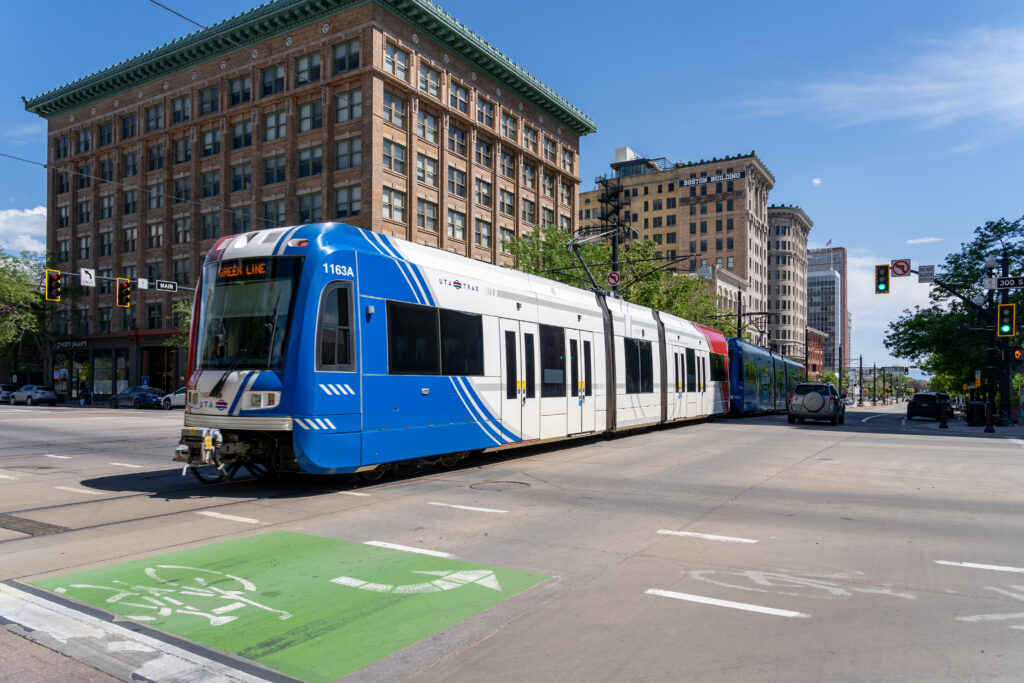
Operationalizing the Citywide Transportation Plan
City-wide transportation plans are critical for promoting equal opportunity and improving residents' lives by prioritizing accessibility, resource allocation, health, and community engagement. In Salt Lake City, transportation infrastructure has historically created uneven access to opportunity, with underserved communities, particularly those with high concentrations of populations of color, experiencing inadequate access... Read more
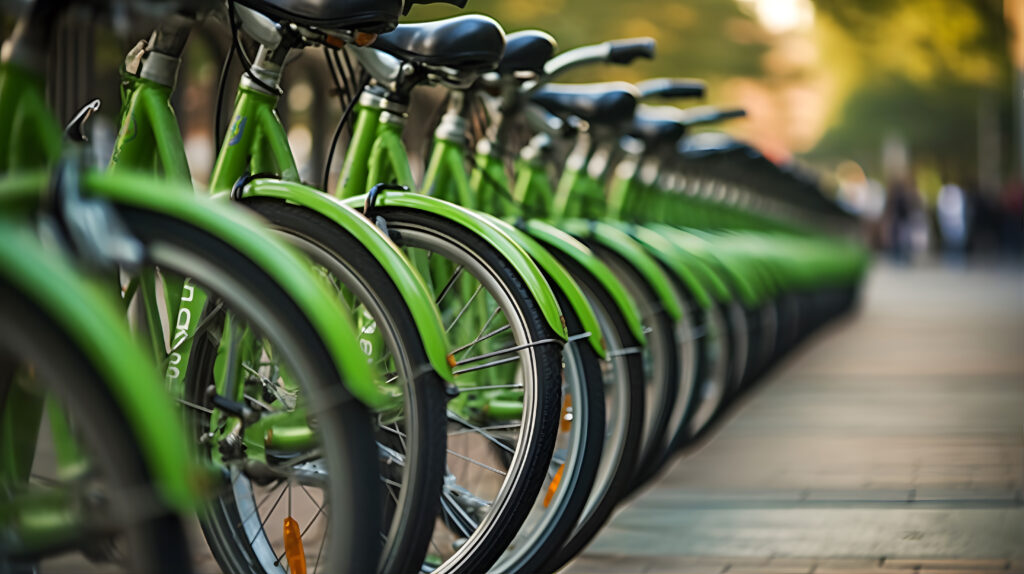
Alternative Transportation for Climate Action
The City of Hayward, California, is actively addressing the impacts of climate change, which disproportionately affect its vulnerable populations, such as low-income, the elderly, children, and communities of color. The city, surrounded by the San Francisco Bay and fire-prone hills, faces challenges such as rising sea levels and increased wildfire... Read more
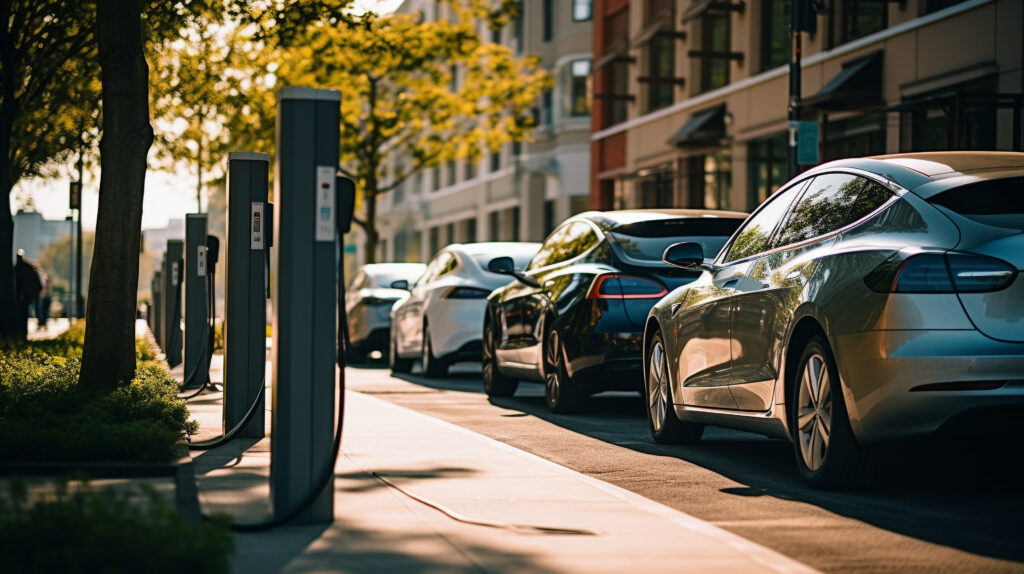
Vehicle Electrification for Health and Equity
The community of Durham aims to address the challenge of reducing greenhouse gas (GHG) emissions and promoting environmental justice for historically disinvested communities. By partnering with FUSE, Durham plans to develop and execute a strategic plan to equitably electrify the city's fleet and personal vehicles, focusing on expanding access to... Read more
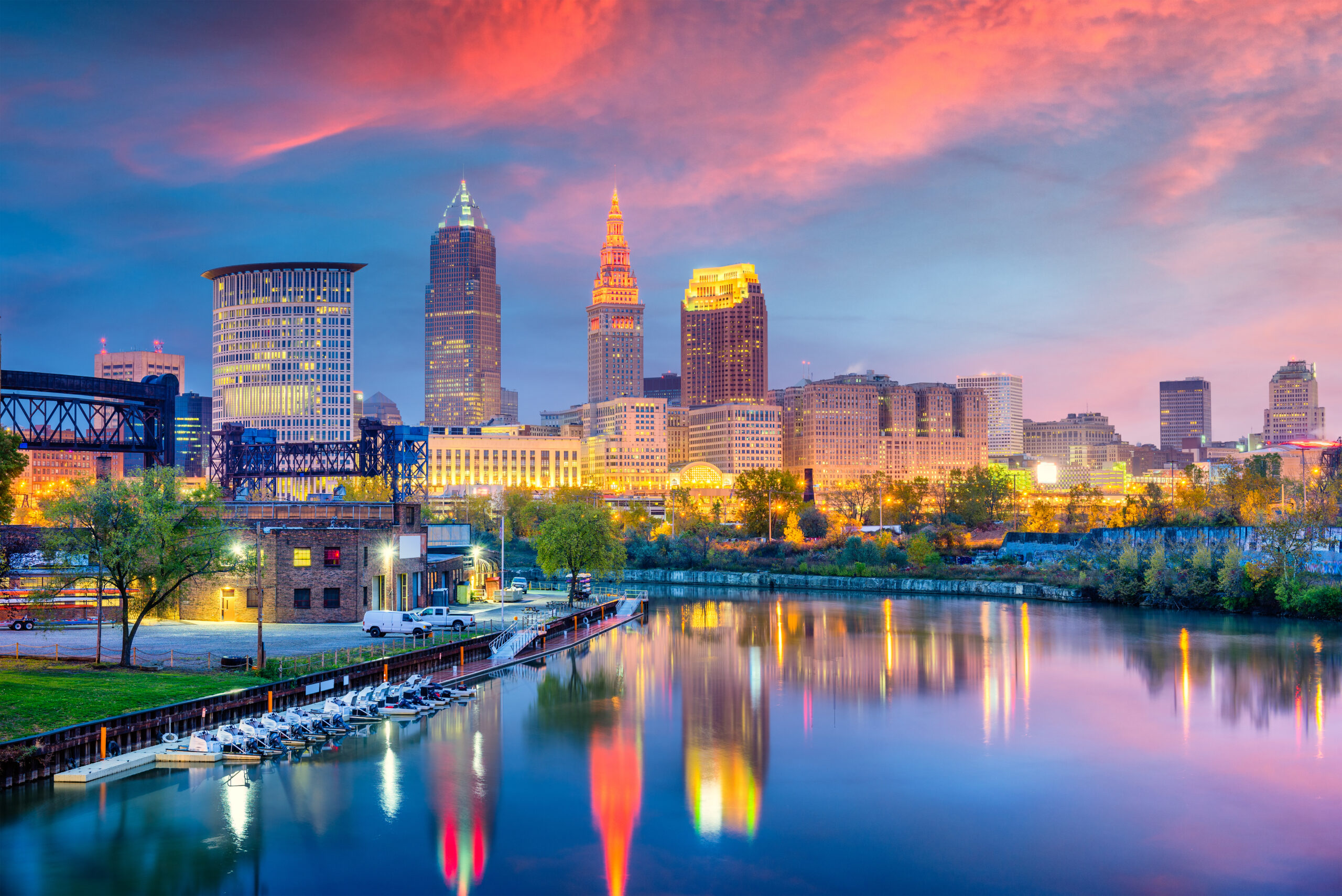
Designing an Inclusive, Accessible, and Green Lakefront
The community in Northern Cleveland is trying to solve the lack of equitable access to green space, particularly for BIPOC (Black, Indigenous, and People of Color) residents. Despite the shoreline on Lake Erie offering natural amenities and recreational areas, it is cut off from the city by railroads, a highway,... Read more
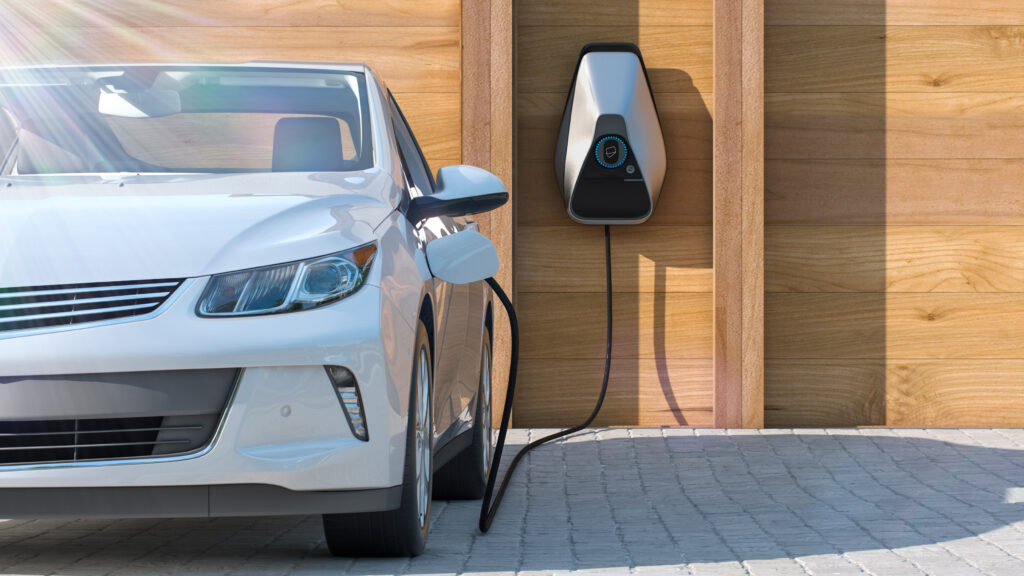
Advancing Equitable Strategies for Vehicle Electrification
The City of New Orleans has set an ambitious goal of reducing greenhouse gas emissions by 50% by 2035 and achieving net-zero emissions by 2050. Since transportation is responsible for 44% of the city's GHG emissions, the City aims to transition 75% of its fleet to low- or no-emission vehicles... Read more
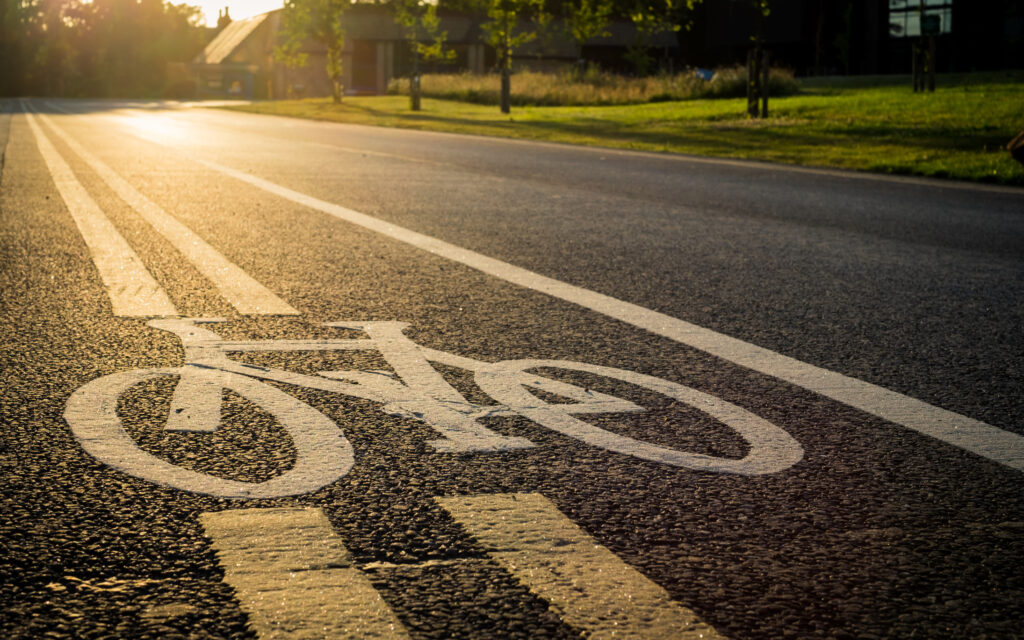
Green Transportation For The World Cup & Beyond
In June 2022, FIFA (the international body that governs professional soccer) announced that Kansas City, MO would host the 2026 World Cup. Kansas City has four years to prepare for a large influx of visitors from around the world. A core component of the KC2026 bid was sustainability: they want... Read more
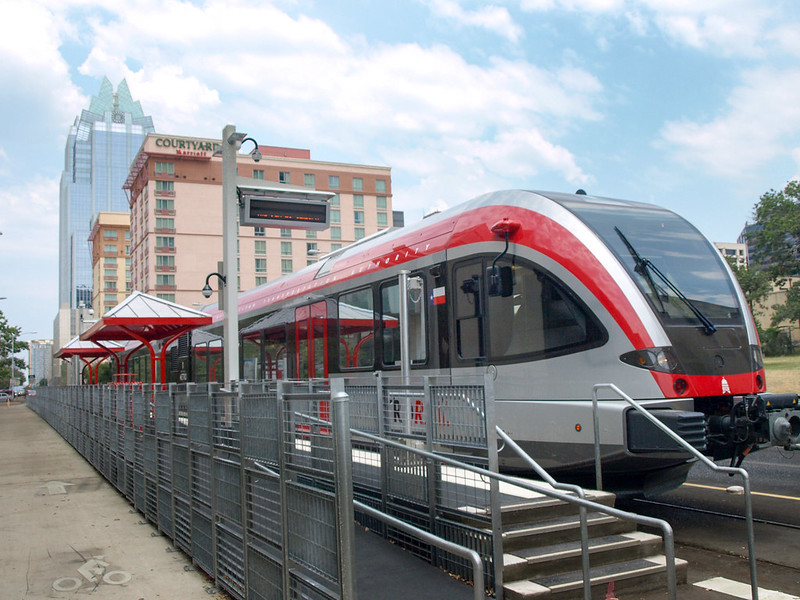
Preventing Transit Developments from Displacing Residents
Since the late 1990s, Austin has seen a dramatic rise in housing costs, with affluent young professionals moving into central neighborhoods and pushing established residents to the outskirts or out of the city altogether. This displacement is most dramatic in the same neighborhoods where Black and Latinx residents were previously... Read more

Developing Environmentally Sustainable Approaches to Maintaining Roads
The Los Angeles Bureau of Street Services (StreetsLA) maintains 23,000 miles of car, bike, and pedestrian lanes per year. After power generation, paving streets is one of the leading producers of greenhouse gas in a municipality’s operations. StreetsLA is committed to finding new ways to pave roads, bike paths and... Read more
